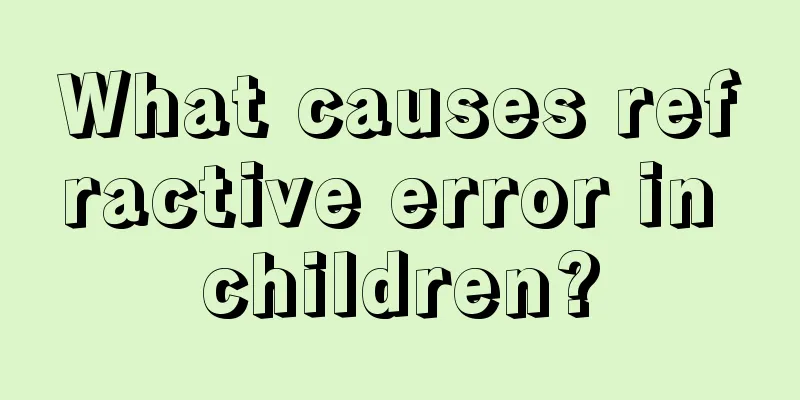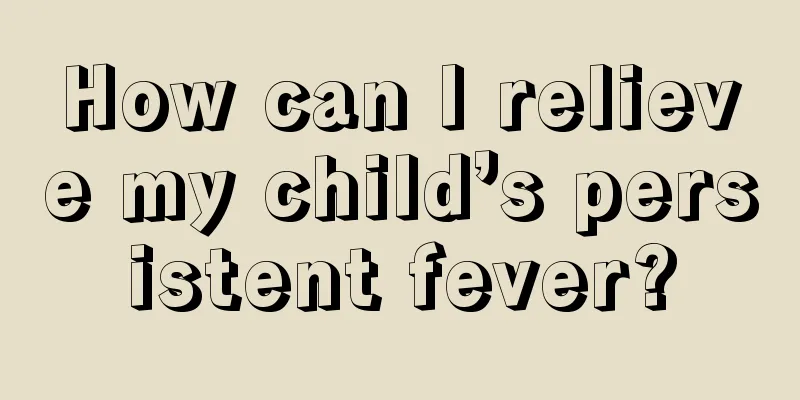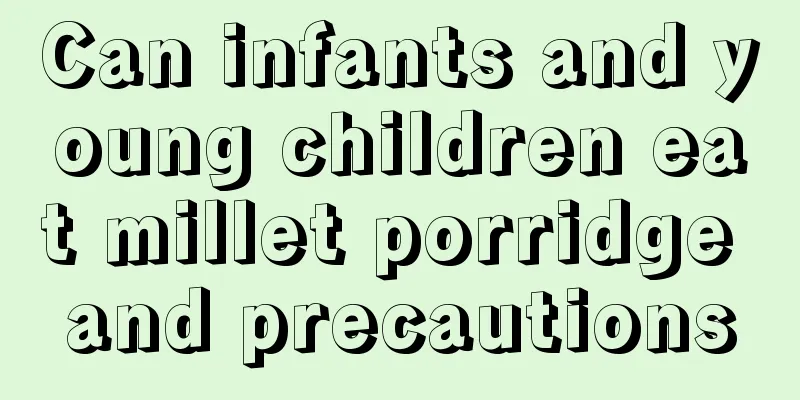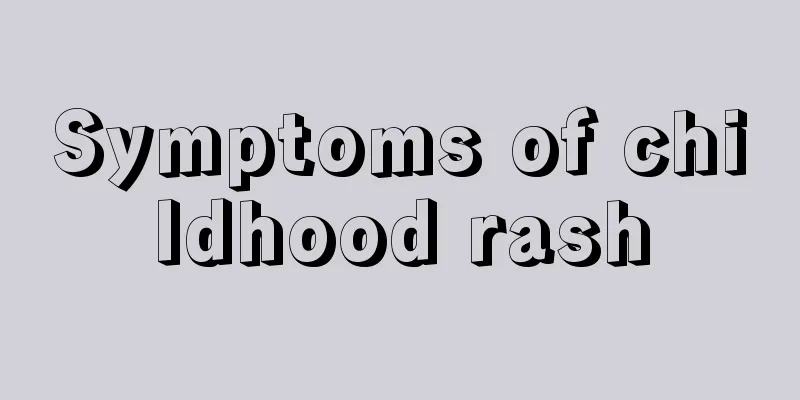How to treat autumn diarrhea in children
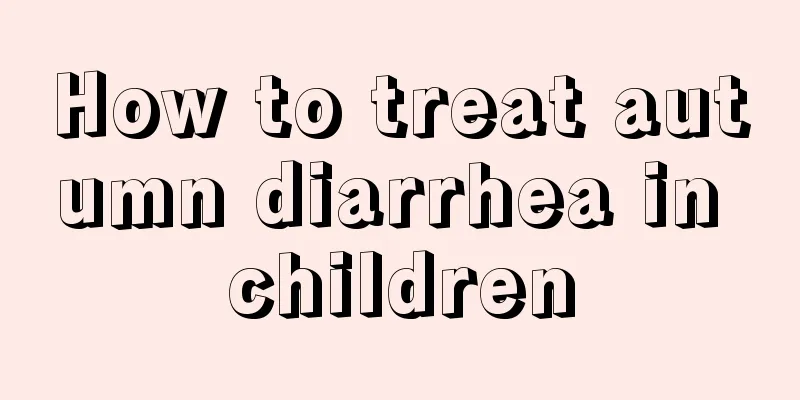
|
Many parents will find that as soon as autumn comes, their children will suffer from diarrhea more frequently. This is what we call the autumn diarrhea problem. So if we want to effectively help children solve it and reduce the harm to their health caused by diarrhea as much as possible, then we need to pay attention to the most correct and effective solutions. Here we recommend some treatment methods for children's autumn diarrhea. Mid-October to November each year is the peak season for autumn diarrhea in children, so parents must do a good job of protecting them during this time. However, the arrival of disease is often prevented with caution. If a child suffers from autumn and winter diarrhea, medication and other treatment methods are inevitable. At this time, experts remind parents that they should not use drugs indiscriminately to treat autumn diarrhea, especially antibiotics. Autumn diarrhea is a viral infection, and blindly using antibiotics can easily cause bacterial growth in the intestines. In addition, commonly used antiemetic or antidiarrheal drugs for adults are not suitable for children. Frequent use is not only not conducive to recovery of the disease, but also causes long-term diarrhea or allergies. Here, we introduce some common medicines that are not suitable for treating diarrhea in children: ?Imodium - This drug is prohibited for use in children under 5 years old. It is an extremely strong, long-acting anti-diarrhea drug, suitable for the treatment of acute and chronic diarrhea caused by various causes. However, if used by young children, adverse drug reactions are very likely to occur, and may even be fatal (there have been reports of newborns dying from drug use). Therefore, its use in young children is restricted both at home and abroad. ?Compound diphenoxylate - prohibited for use in infants under 2 years old, should be used with caution in infants over 2 years old. It is suitable for the treatment of acute and chronic functional diarrhea and chronic enteritis, and its effect is also very strong. There have been continuous reports of children being poisoned or even killed by the drug both at home and abroad, with the deaths concentrated in infants under two years old. ?Norfloxacin - Not suitable for children under 12 years old. It has good therapeutic effects on gastroenteritis and bacillary dysentery caused by pathogenic and toxigenic Escherichia coli, Salmonella, etc. It is widely used in clinical practice and is well known to people. However, this drug and its similar drugs (quinolones) may cause bone lesions. Only by focusing on these methods of treatment can we achieve better results, because once diarrhea or other disease problems occur, they may affect the health of children, so we need to focus on these fast, effective, but safe treatment methods to solve these disease problems. |
<<: When does a child's nose grow taller?
>>: What is the cause of autumn diarrhea in children?
Recommend
Is the baby's head the place where he hiccups?
When pregnant mothers go to the hospital for a ph...
Standard height of 5-year-old boy
During the baby's growth process, many parent...
Is it really good to bathe your baby every day?
I believe many mothers understand that babies wil...
What causes a boy’s intestinal gas?
The baby has intestinal hernia, which is commonly...
Early symptoms of rheumatic disease in children
Rheumatism is a very common disease in daily life...
What to do if baby has eczema in private parts
Eczema is actually one of the simpler skin diseas...
What to do if a newborn is bitten by a mosquito
In summer, there are the most mosquitoes. At this...
What to do if your child has a lot of yellow eye mucus
I know that newborns have many organs that are gr...
What causes a newborn to cough?
Children are very important to every family, but ...
Why does my two-year-old baby toss and turn when sleeping?
When the baby reaches two years old, he has basic...
What should I eat for a two month old baby?
Many two-month-old babies do not have enough immu...
What should you pay attention to when your baby is teething?
The baby will grow teeth after a period of time a...
Treatment of stomatitis in children
Stomatitis is relatively common in children in li...
How to treat blisters on children's hands
If blisters appear on your child's hands, you...
Precautions for baby swimming in summer
As the weather continues to get hotter, many pare...


